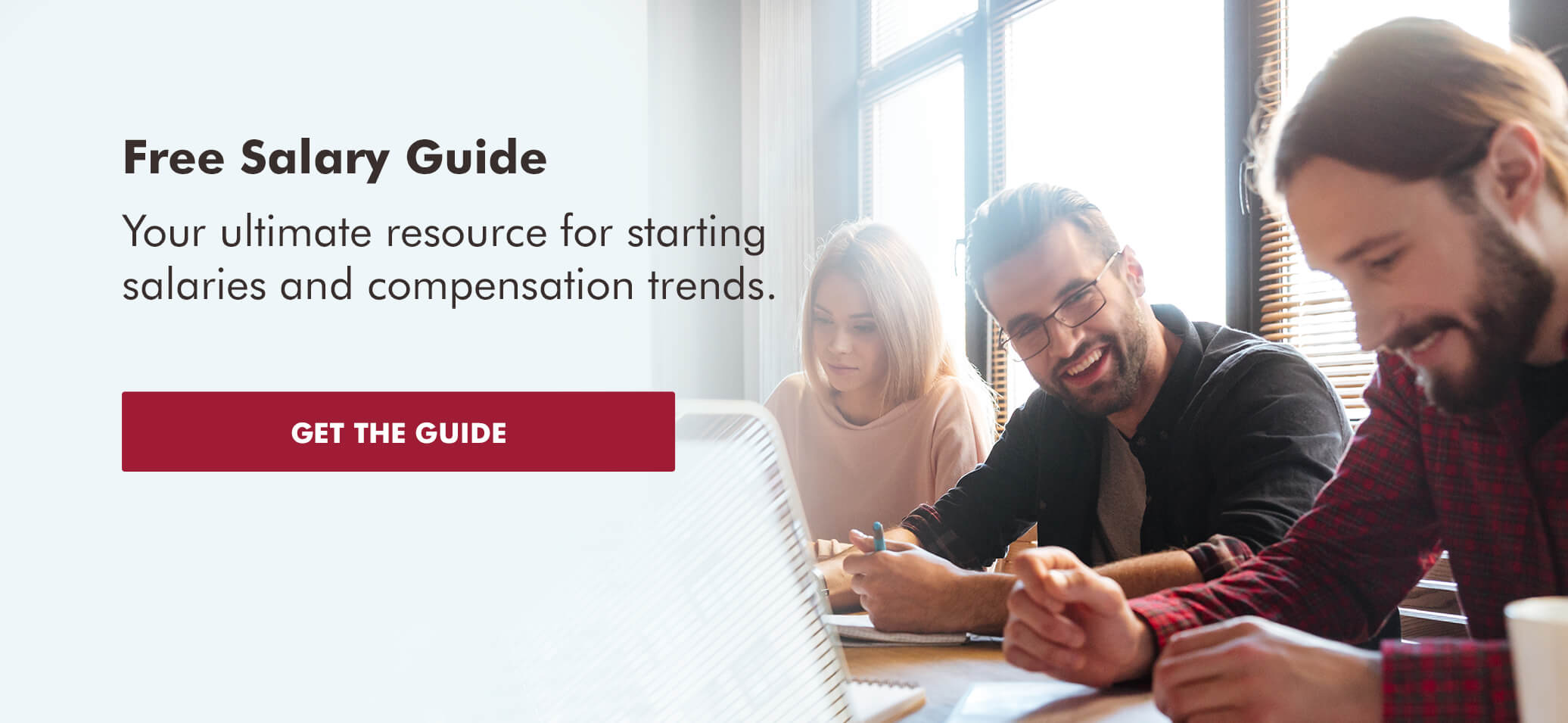Do you have a big creative job interview coming up? Whether it's an in-person meeting or video interview, don't stress. Be prepared. Nail everything from the first impression to the final question with these five job interview tips.
For most creative professionals, interviewing can be stressful. Organizations and hiring managers have unique ways of evaluating candidates, and it can be difficult to know what you're getting yourself into and how to prepare for each one. For example, should you wear a suit if you know the position you're interviewing for is at a bona fide jeans-and-hoodie start-up? How about connecting with your interviewers on LinkedIn before the meeting?
There are plenty of things to keep in mind before you arrive, so here are five interview tips to think about as you head into that upcoming creative job interview.
1. Do your homework
Show up prepared by researching beyond-the-basics information about the position and company. Don't just visit their website and social media pages – search the company name so you're informed of recent events such as acquisitions or a newly appointed CEO. Also ask people in your network if they have any insight about the organization. Maybe a former classmate used to work for the company and can give you insights. Then, as relevant interview questions come up, strategically share your knowledge about the company.
2. Be aware of your body language
Your nonverbal communication matters. Subtle cues, such as eye contact, facial expressions and posture, will affect how others perceive you. Do you tend to bite your nails or fiddle with your pen? If so, be aware so you can avoid distracting behaviors. Make sure you're coming across as confident, secure and capable. Demonstrate these traits by:
- Smiling genuinely
- Making eye contact
- Not fidgeting
- Sitting up straight (No slouching!)
- And, of course, offering a firm handshake
SEARCH OUR CREATIVE JOB OPENINGS
3. Tell stories in the job interview
Don't just tell the interviewer that you're an excellent front-end web developer or copywriter, show him or her by referencing real-life examples of the impact you've made. Share anecdotes that provide specific examples of how you've helped solve business problems. Describe the challenge, talk about your process and actions, and outline the final results.
4. Ask thoughtful questions
This is not the time to inquire about salary. (You don't have the job yet!) Rather, follow the interview questions with some thoughtful questions of your own. Ask the hiring manager to describe an aspect of the job that might surprise you or what the team's process is for collaborating on projects. If you have a chance to meet with someone you'd be working with, ask for their take on company culture or what their biggest challenges are. Such questions help reinforce your interest in the position and the company.
5. Be yourself
The key to making a strong first impression is to simply show the real you. Try to avoid rehearsed responses and fluffy jargon. Instead interact in a way that's honest and genuine. If you can somehow tie a hobby to the job requirements, like photography or youth mentorship, for example, it can be an interesting conversation point.






